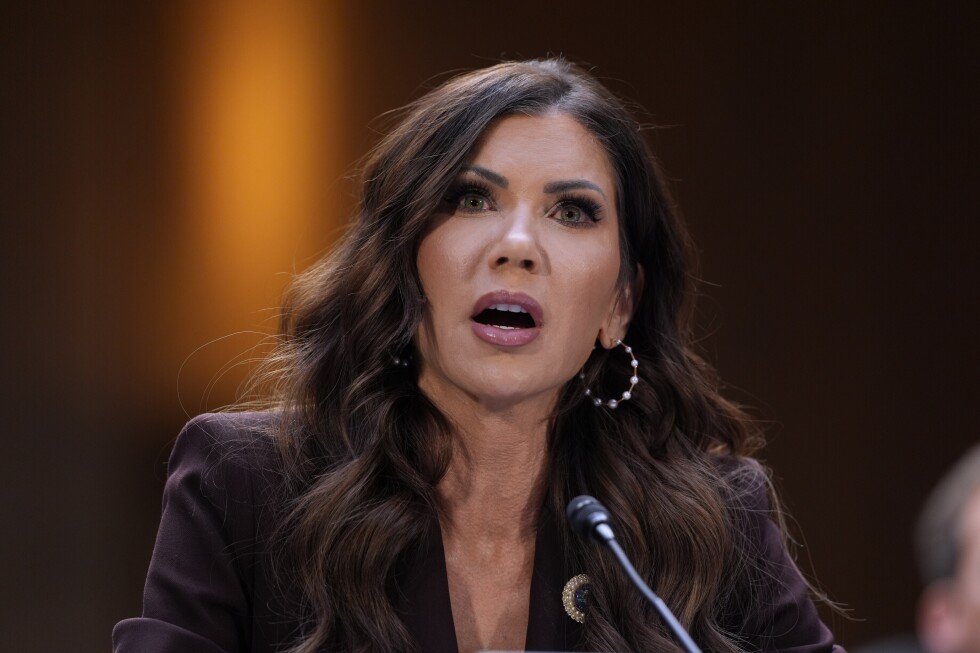SACRAMENTO, Calif. — Gov. Gavin Newsom will present his May Revise, which is an updated version of the state’s spending plan in less than a month.
What You Need To Know
- Gov. Newsom will present his updated spending plan known as the “May Revise” in mid May
- The governor said the impact of the president’s tariffs is already being felt in the state budget
- The LA wildfires will also impact the state’s revenue because LA County residents have until October to file taxes
- According to the Department of Finance, roughly 25% of the state’s population lives in LA County
Earlier this week during a press conference where Newsom announced California was suing the Trump administration over “unlawful tariffs,” the governor said the impacts of the president’s tariff whiplash are already being felt in the state.
“And the full impacts have yet to be fully felt,” said Newsom.
The governor discussed how the May Revise will reflect a downgrade for California’s economic outlook.
“I have been meeting consistently in the last few weeks with economists… they have significantly downgraded the GDP projections for the state of California next year, [they’ve] increased as a consequence of this toxic uncertainty, the likelihood that our unemployment rate will go up and not down,” Newsom said.
The budget will also reflect the volatility of the current stock market, added H.D. Palmer, spokesperson for Newsom’s Department of Finance.
“One of the things about the stock market is that capital gains, stock options, things like that are taxed as personal income,” explained Palmer.
He notes California’s top 1% of earners account for about 40% of the state’s income tax revenue.
“So when the market is doing very well, they’re doing very well, and the state does well in terms of revenue. Conversely, when the markets go south and they’re not doing as well, the state revenue takes a hit,” said Palmer.
Another factor making it difficult to accurately budget for next year’s spending plan is Los Angeles County residents and businesses having until October to file their taxes because of the wildfires.
Palmer notes more than 25% of the state’s population lives in LA County.
“It’s significant from a volume of returns as well as the dollar value of those [income taxes].”
California’s Legislative Analyst Gabe Petek adds the ripple effect of the president’s tariffs is the biggest obstacle his office is facing as they work to come up with revenue projections for the upcoming years.
“What we’re left with now is a very enormous level of uncertainty and the uncertainty itself is a major problem because it will influence, presumably, business investment decisions and consumers. And I’ll be watching the consumers quite closely because consumption makes up 70% of U.S. GDP,” Petek explained.
The nonpartisan Legislative Analyst Office is in charge of providing financial and policy advice to state lawmakers.
“They have to reign in their expectation right now and they should probably spend a lot of time focusing on what are their priorities? If you can’t do everything, what are your top priorities to maintain?” he said.
Petek also advised the legislature to exercise their oversight powers to make sure that the state programs that are in place are functioning effectively and efficiently.
“I fully understand that lawmakers come to Sacramento to make policy and to effect change. The problem is we also have a constitutional requirement to balance the budget and so right now the outlook on that is quite limited.” Petek added.
Another big unknown in the budget is the funding for Medi-Cal, which is the state’s version of Medicaid.
“Just to put it in perspective, the state of California’s general fund budget is somewhere in the range of $230 billion. We receive as a state over $100 billion in federal matching funds for our medical program,” Petek noted.
While not all of that money goes into the general fund, both Petek and Palmer said it will not be possible for the state to backfill those dollars if the federal government makes significant cuts to Medicaid.















